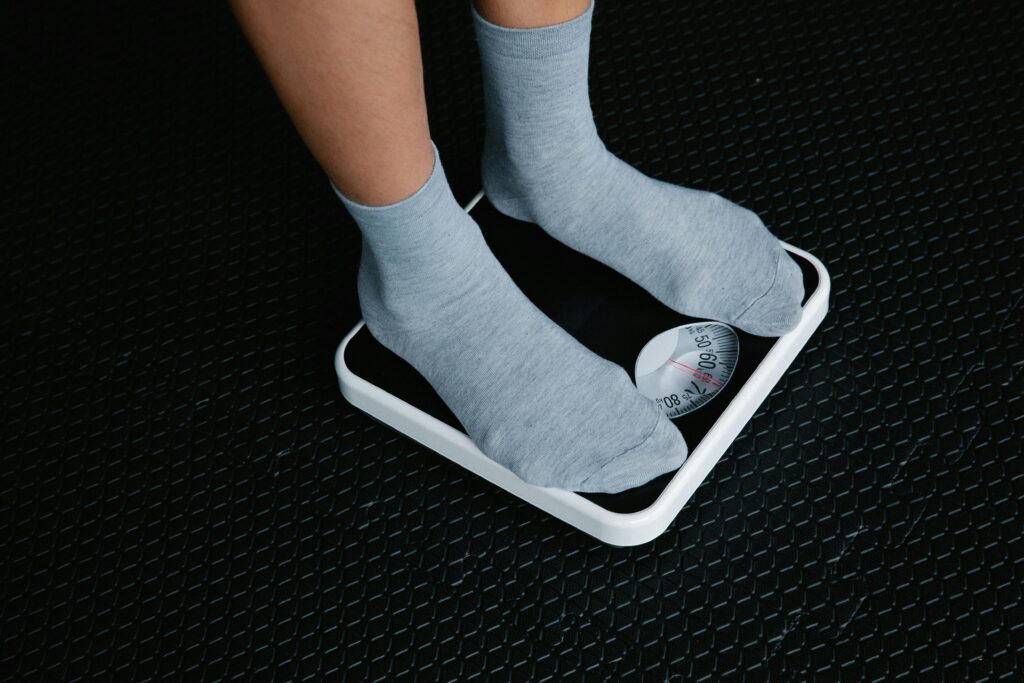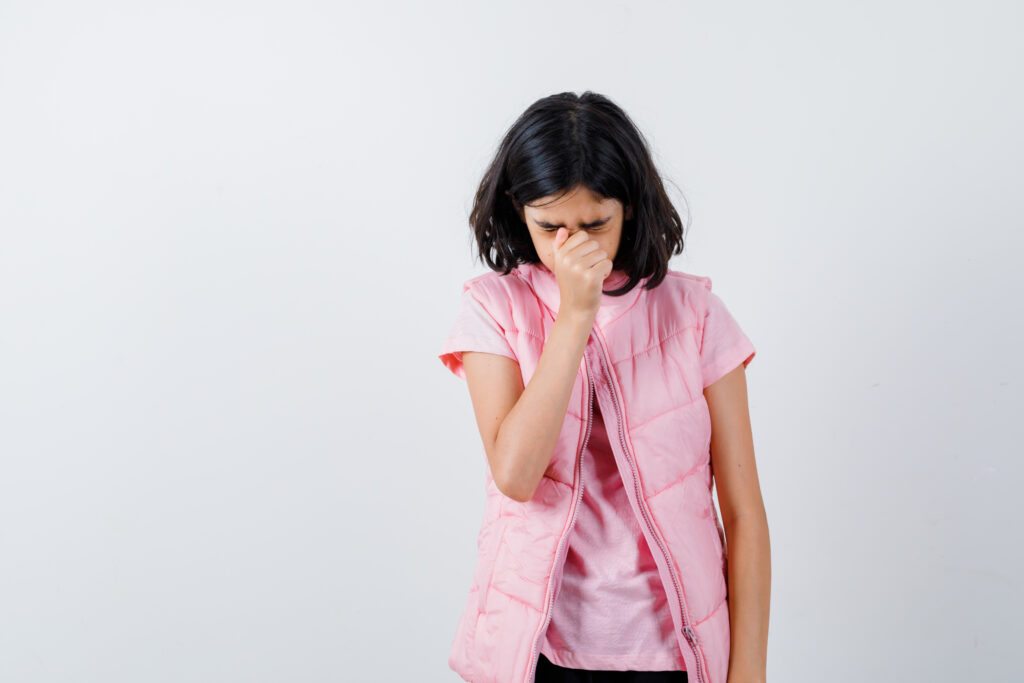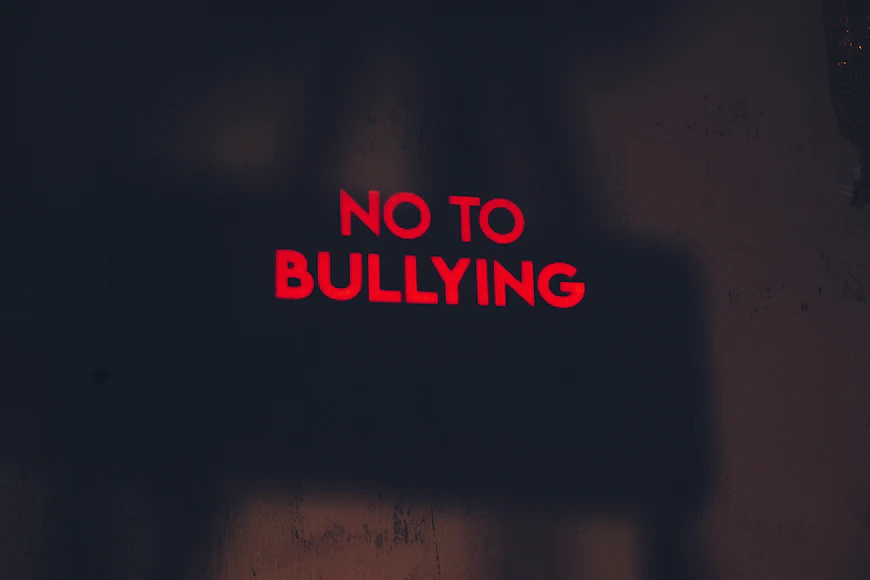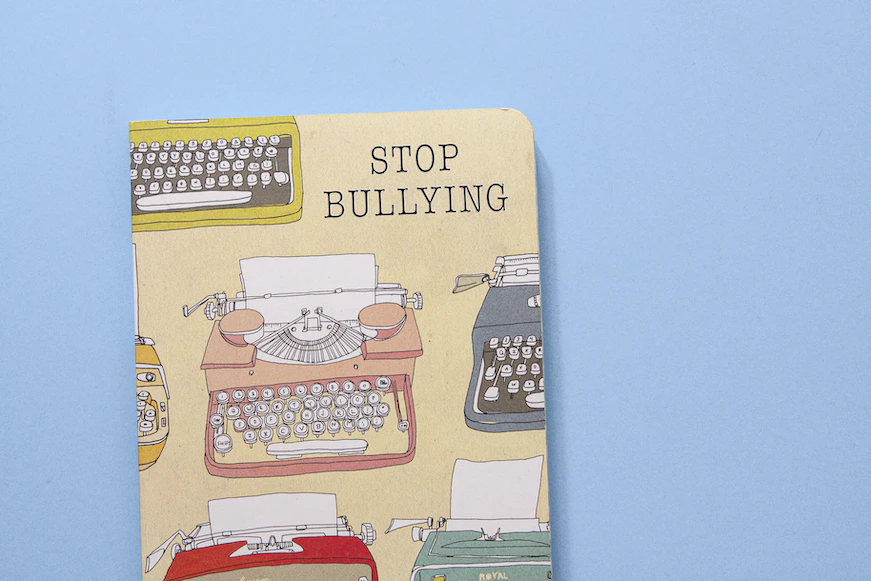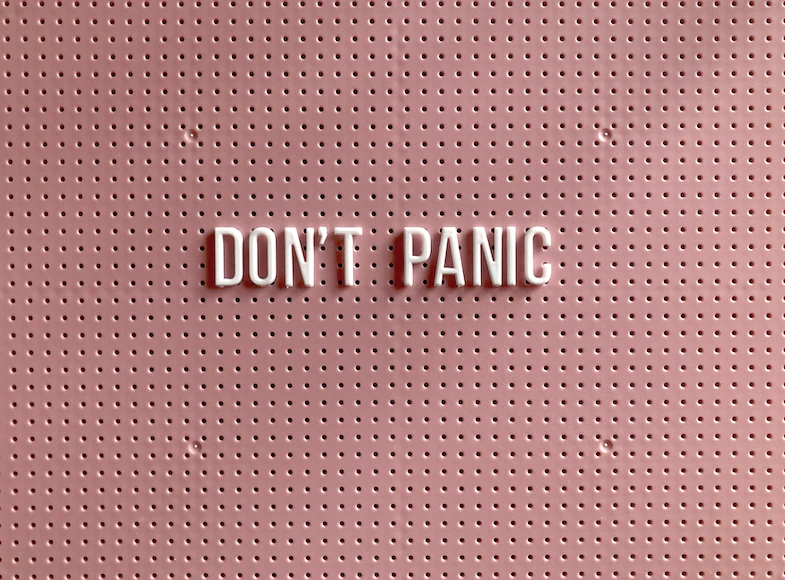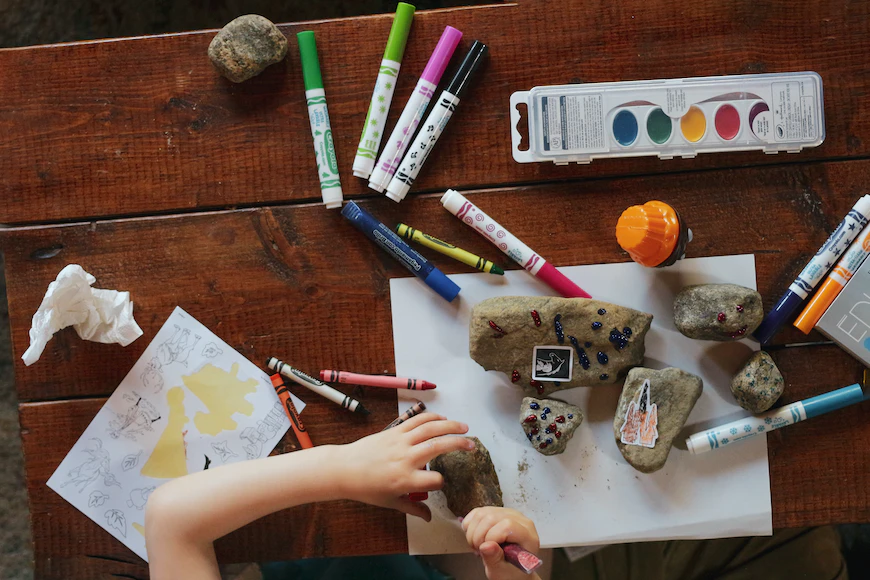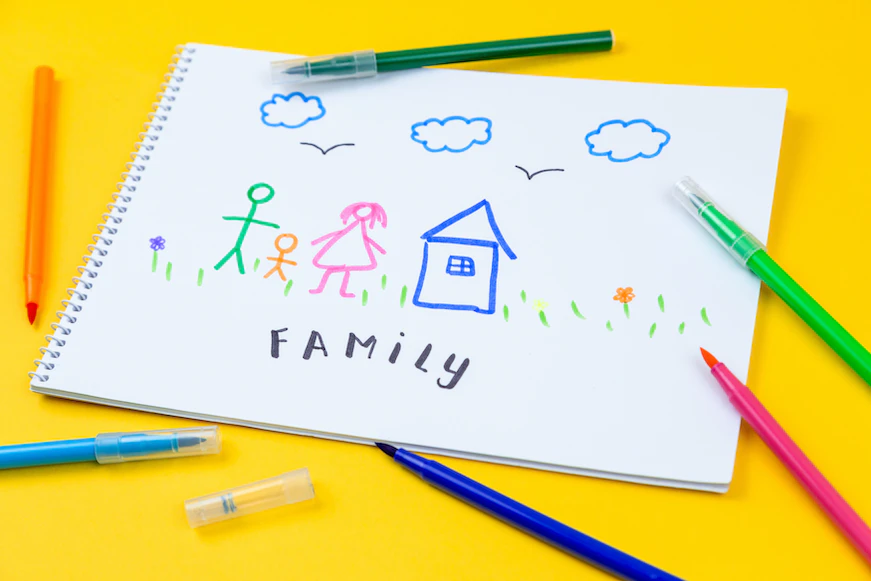“Many parents dream of their children becoming best friends, but sometimes, siblings just don’t click.”

Most parents imagine their kids growing up side by side: sharing secrets, playing together, and becoming lifelong best friends. While that dream sometimes becomes reality, it can come as a real surprise when your children just… don’t click. Maybe they argue constantly, avoid each other, or simply seem uninterested in having a close relationship.
Having more than one child is a beautiful experience, but it’s also a different kind of challenge. The dynamic between siblings brings a new layer to parenting, one that can be unpredictable and emotionally complex. Even in loving households, siblings can develop very different personalities, needs, and temperaments. Sometimes, they naturally bond. Other times, they clash a lot.
It’s easy to assume they’ll “grow out of it,” but it’s worth paying attention to the signs early on. Unresolved tension between siblings can harden over time, turning into long-term resentment or distance.
Pay Attention: It’s Not Just “Normal Fighting”

Yes, all siblings fight, it’s part of growing up together. But if the bickering never takes a break, or if it seems to be getting worse instead of calming down, it might be time to take a closer look. Some level of squabbling is expected, but when it turns into full-blown battles every day, it’s more than just a phase.
You might notice your kids constantly clashing. One can’t breathe without the other rolling their eyes. There’s yelling, crying, door slamming, the ultimate insult and the occasional dramatic stomp down the hallway. Then come the complaints: “She’s looking at me funny!”, “He took my sock on purpose!”, or “Her toe is touching my side of the couch!” Car rides become battlegrounds, with body parts oozing into each other’s space and invisible lines being crossed every three seconds.
It might seem harmless at first, but when these moments pile up, day after day, they can wear down the whole family. It’s tempting to tune it out or wait for it to pass, but ignoring it can allow hurt feelings and unhealthy habits to take root. The sooner you step in with a calm, steady approach, the better chance you have of turning things around. You don’t need to fix everything overnight, but your presence, attention, and guidance matter more than you might think.
They Notice More Than You Think

When your kids aren’t getting along, it’s easy to start asking yourself, Did I do something wrong? Even the most caring, thoughtful parents can fall into patterns that quietly add stress between siblings. Often, those patterns are hard to see until you pause and really take stock of what’s going on at home.
Sometimes it’s not about doing something wrong. It’s about doing something without realising how it’s being received. Take listening, for example. You might hear your child talking while you’re making dinner or replying to emails, but real listening means putting distractions aside, looking them in the eye, and showing you’re fully there. Kids notice when they’re being brushed off, even if you don’t say a word. What they really want isn’t always what they say. Sometimes, it’s just knowing that someone is truly interested in what they’re feeling, not just what they’re saying. Check out: Mistakes You Don’t Realise You’re Making as a Parent.
Another common pattern is comparison. It can slip into everyday moments without much thought: “Your sister never gives me this much trouble,” or “Look how nicely your brother behaves.” Even praise can backfire when it lands too heavily on one child in front of the other. These small comparisons can create a quiet pressure at home. Kids may start to feel like they’re always being judged against someone else. Some will double down and try to win your approval, others might just give up, thinking they’ll never measure up.
There’s also the tendency to take sides. It doesn’t mean you’re choosing favourites, it might just be reacting more protectively toward the more emotional child or being stricter with the one who tends to act out. But over time, if one child feels more defended or more blamed, it can widen the emotional gap between them. Being fair doesn’t mean every decision is the same; it means each child feels heard and supported.
Then there’s the reality of time. Many parents work long hours and come home exhausted, with little left to give. Between commuting, deadlines, and the daily responsibilities of running a household, it’s easy to feel like there’s not enough of you to go around. In the rush to get through dinner, homework, and bedtime, chances to connect with your kids and help them connect with each other often slip away. Kids notice that, not because you’re ignoring them, but because you simply aren’t around as much as they need. Check out: Getting It Done: Parenting with a Full-Time Job.
When you’re not there, those little shared moments, like watching a movie together, playing a board game, just laughing as a family, don’t happen as often. Parents are often the ones who bring everyone to the same table, who set the tone for togetherness. Without that, bonding becomes harder, and conflict can take its place. Even short, intentional time together can make a difference.
No one parents perfectly. What matters most is noticing what’s happening and being open to doing things differently. Even small changes in how you connect can help reduce conflict and strengthen the bond between your children, no matter how different they may be.
Special Situations That Affect Sibling Dynamics

In blended families, for example, things don’t always fall into place right away. Step-siblings may have very different upbringings, expectations, or ideas of what “family” should feel like. They didn’t choose each other, and that adjustment takes time. It can be hard when one child feels like the outsider or when loyalties feel divided. In these situations, patience goes a long way. Focus on building mutual respect first, not forced closeness. Sometimes, just acknowledging that things feel different can help kids feel more secure.
Families with neurodiverse children may also face unique challenges. If one child has ADHD, autism, or another diagnosis that affects communication, emotions, or behaviour, it can shift the dynamic. One sibling may feel frustrated, left out, or confused by what’s going on. The other may feel judged or misunderstood. It’s important to help each child understand the other’s needs in a way they can relate to. Offering simple explanations, encouraging empathy, and giving both children space to talk about their feelings can ease some of the tension.
Age gaps can also play a big role. A teenager and a kindergartener are in totally different worlds, and expecting them to naturally bond is a stretch. One wants privacy and independence; the other wants to play tag in the hallway. It helps to create moments where they can connect on shared ground, like a quick board game, a family meal, or something creative. They don’t have to be close all the time. Just giving them space to respect each other’s differences is a good start.
Building Bridges Between Siblings

Just because your kids aren’t getting along now doesn’t mean they’re destined to stay that way. With a little help, tension can turn into understanding, and eventually, into something much stronger. You’re not aiming for instant friendship, you’re helping build the kind of bond that can last a lifetime, even if it has a few rough patches along the way.
Start by helping your kids understand that it’s okay to be different. One might be loud and outgoing, the other quiet and sensitive. That’s not a flaw, it’s just life. Talk about their differences openly, but also help them find where they connect. Maybe they both love animals, or the same movie, or simply hate doing chores. Shared ground, no matter how small, is a powerful thing.
Encourage them to talk to each other, not just about what’s wrong, but about what they like, what they want, what they need. Kids often assume the worst in each other unless they hear the truth spoken out loud. You can guide them in those conversations at first, even with simple prompts like, “Can you tell your brother what bothered you just now?” or “Can you ask your sister what she needs instead of guessing?”
It also helps when they hear something good about themselves, not just once in a while, but often. Tell your children out loud what you admire in them. Praise their kindness, their effort, their small wins. At the same time, gently redirect the negative patterns without shaming. When you focus more on who they’re becoming than what they’re doing wrong, it gives them something to grow into.
And remind them of this simple truth: friends will come and go, but siblings are here to stay. Their relationship will change over time, but at the end of the day, they’re on the same team. Teach them that part of being family is having each other’s back, not just in big moments, but in the small, everyday ones too.
No one gets along all the time. But with your guidance, they can learn how to show up for each other, even when it’s not easy. That’s what builds trust. That’s what builds family.
If you want to dive deeper into parenting strategies, check out this article Is It Selfish for Parents to Pursue Time-Consuming Goals? and Should Parents Feel Guilty for Not Volunteering at School?



















